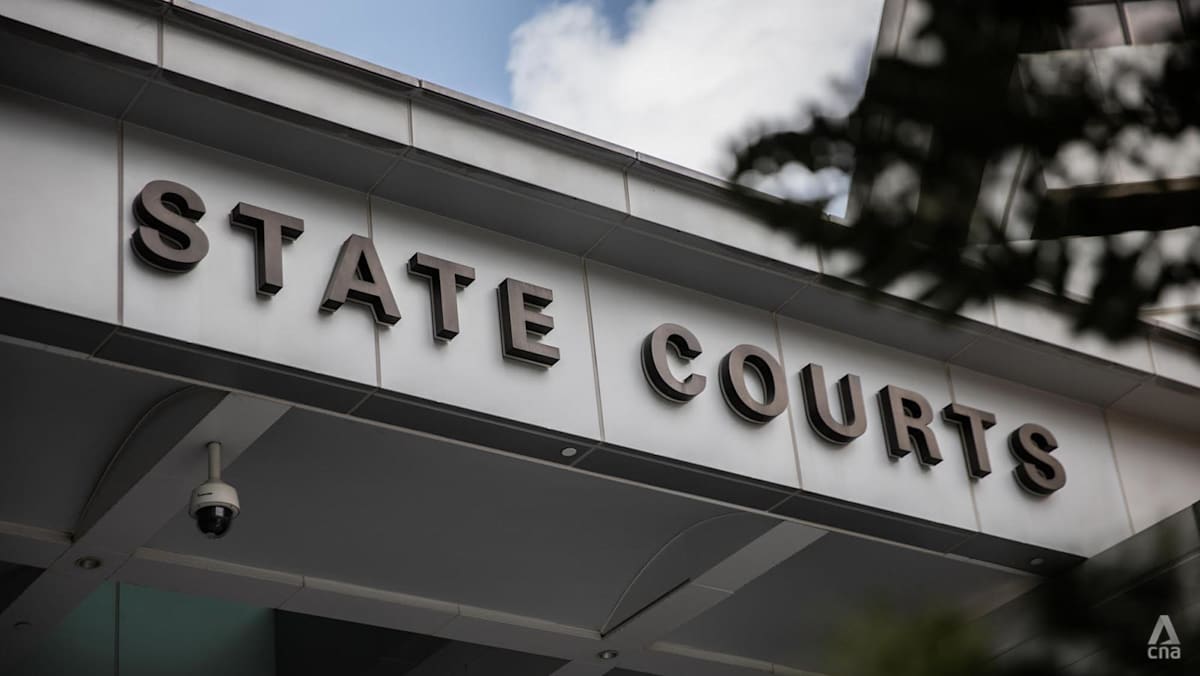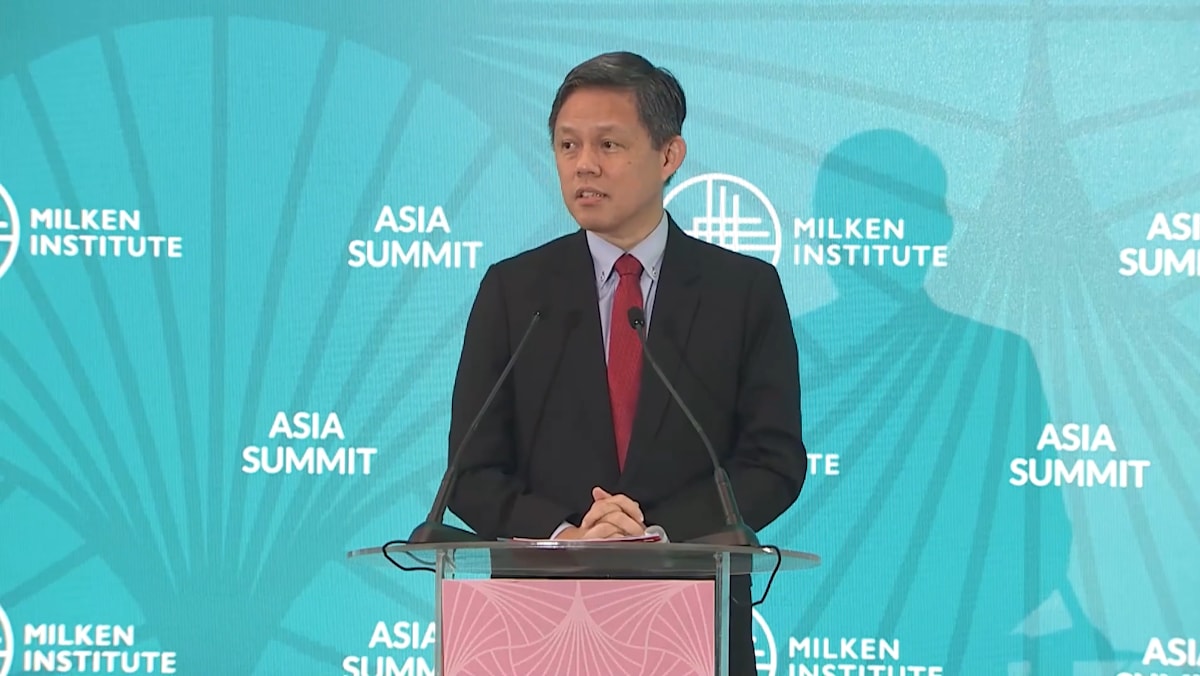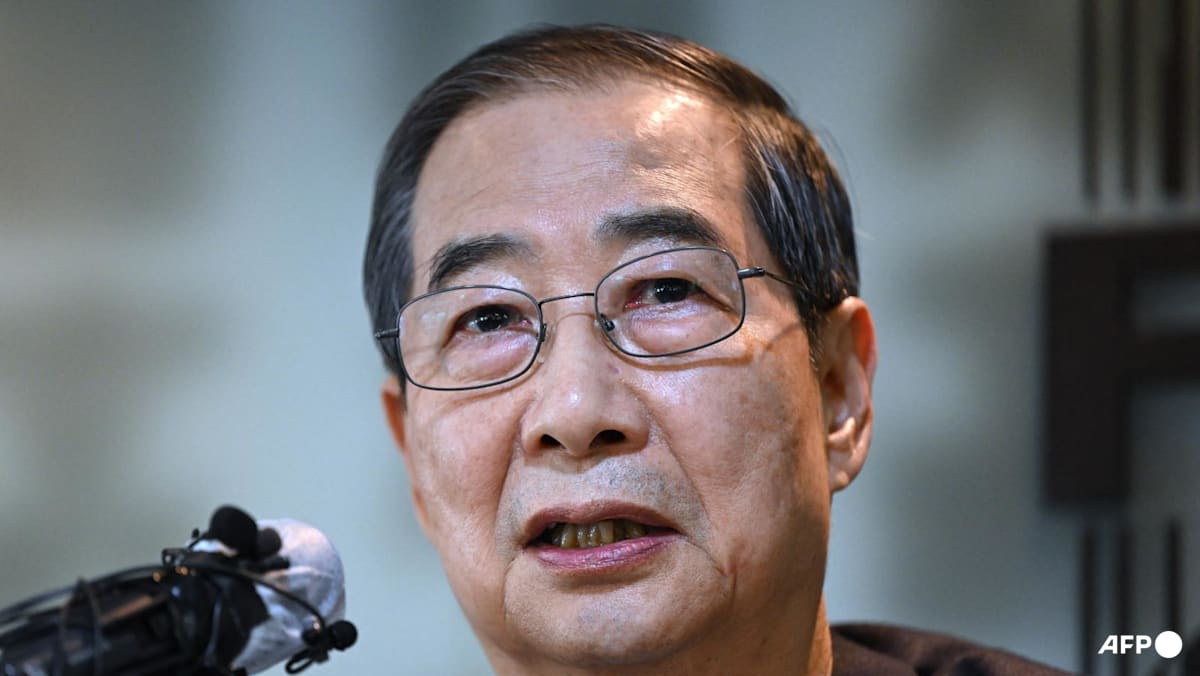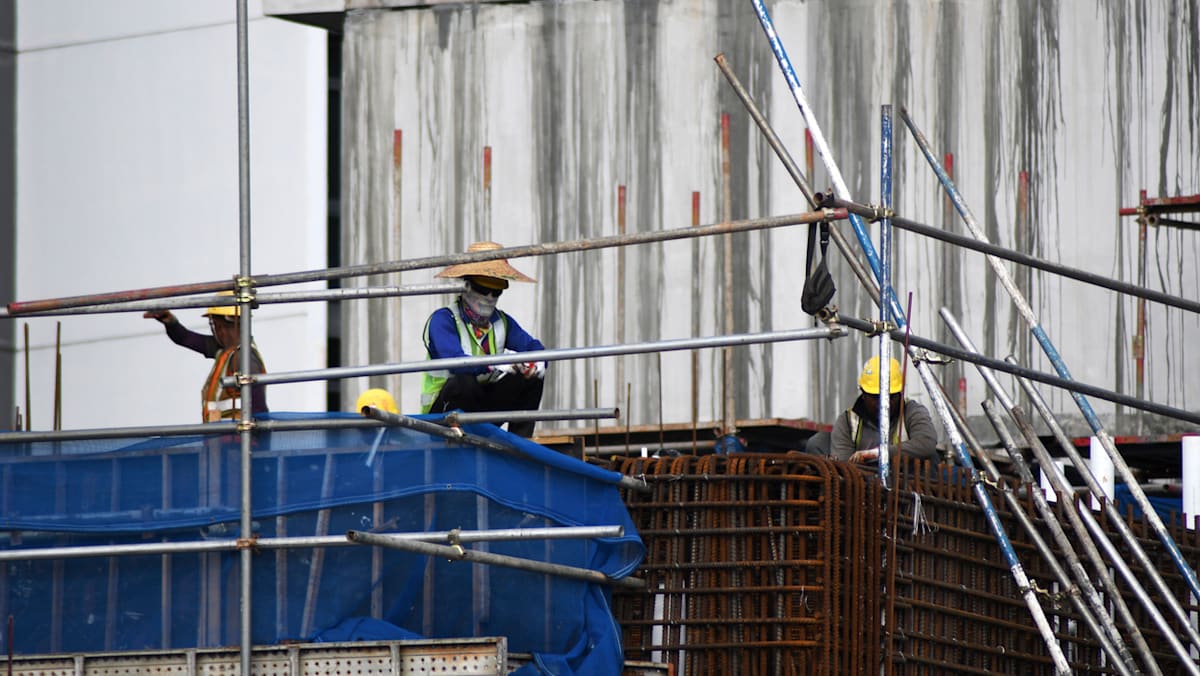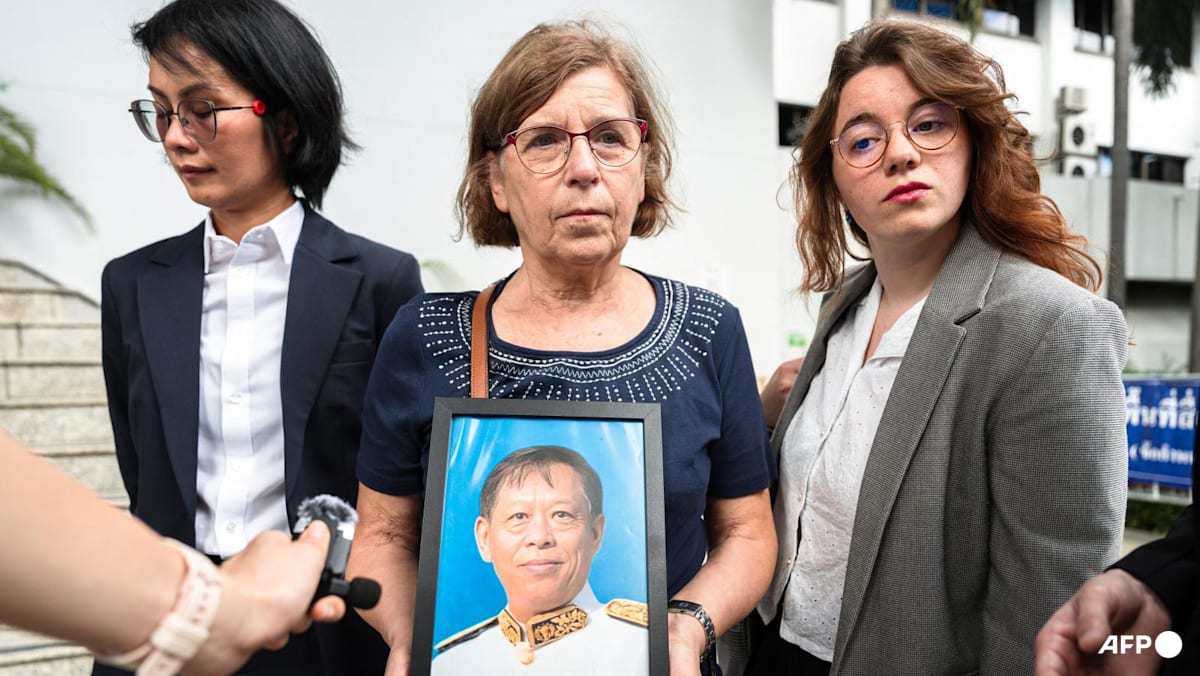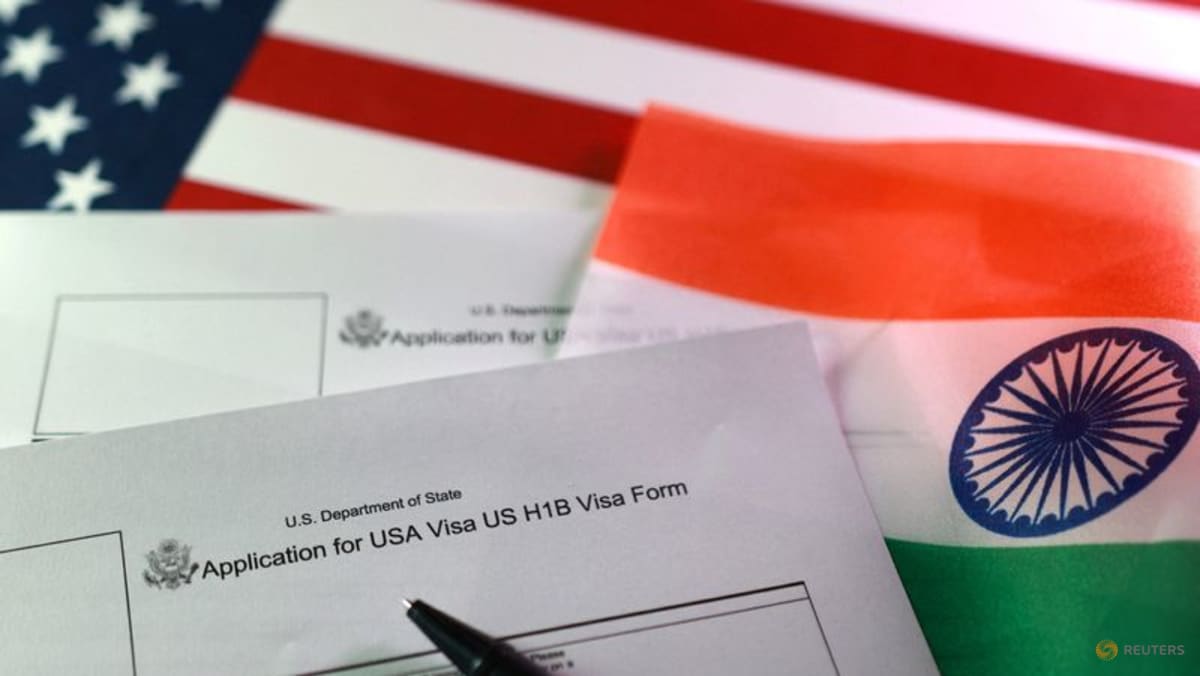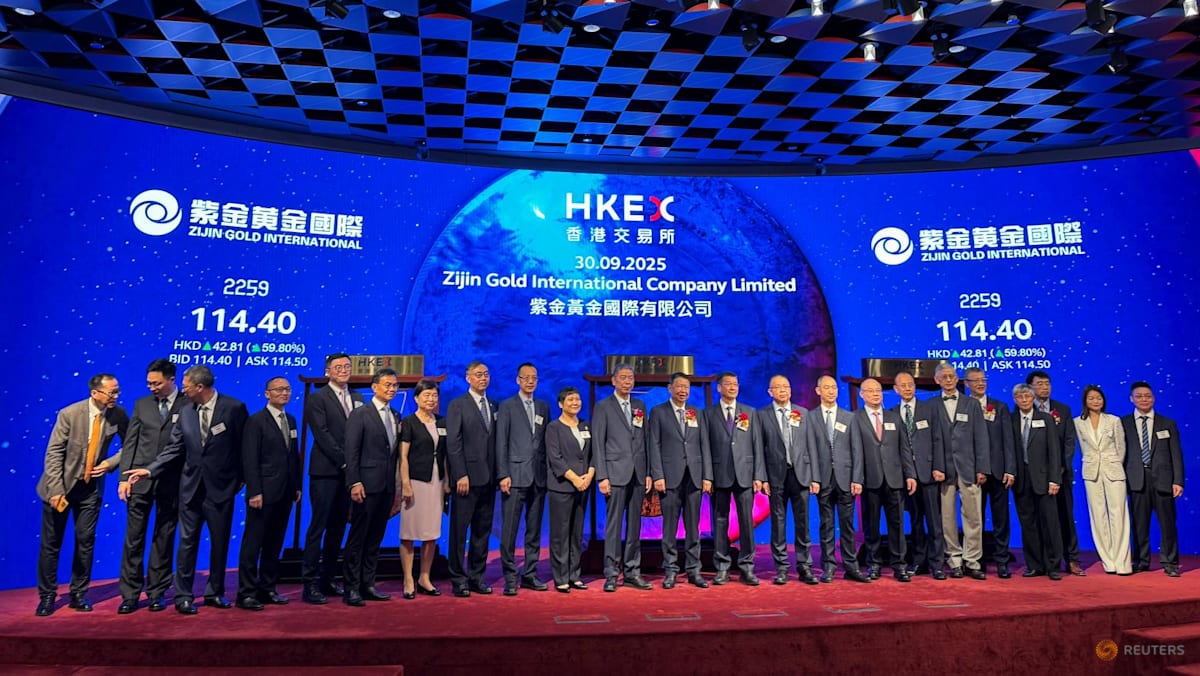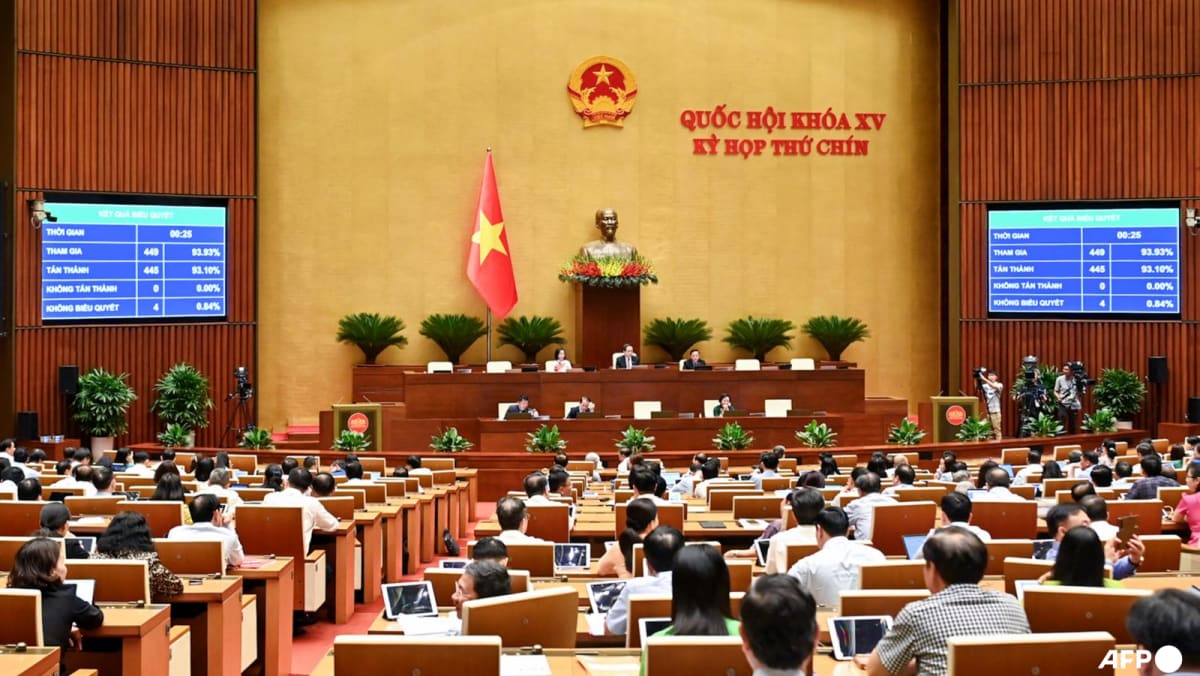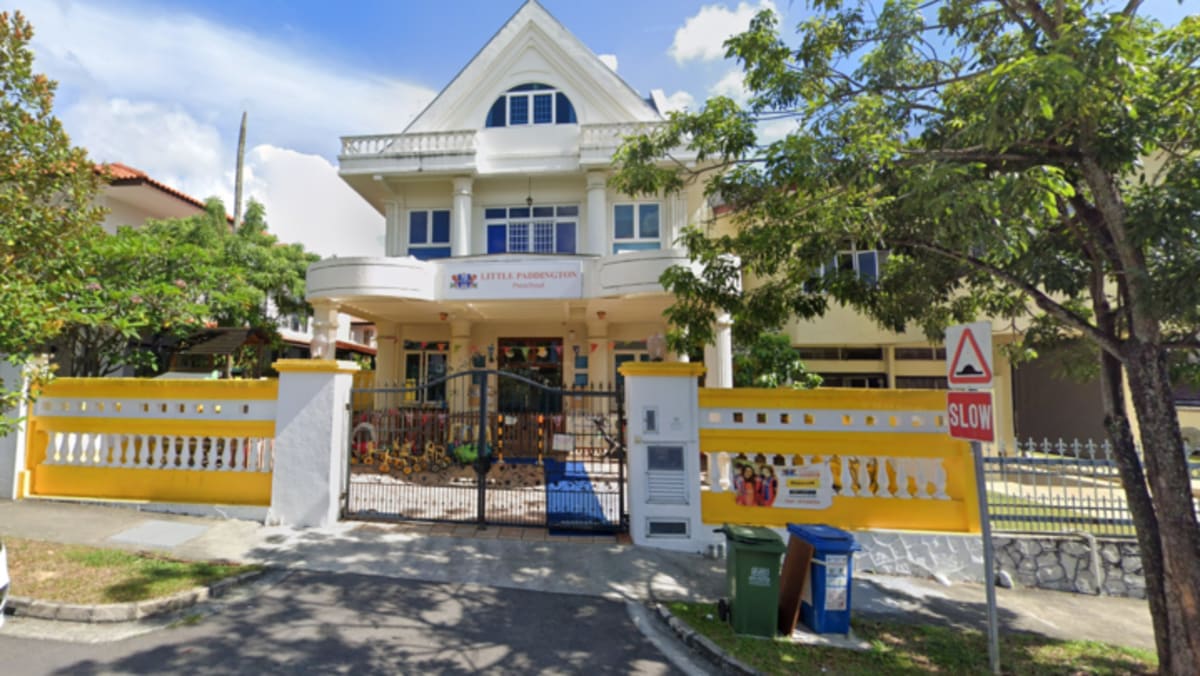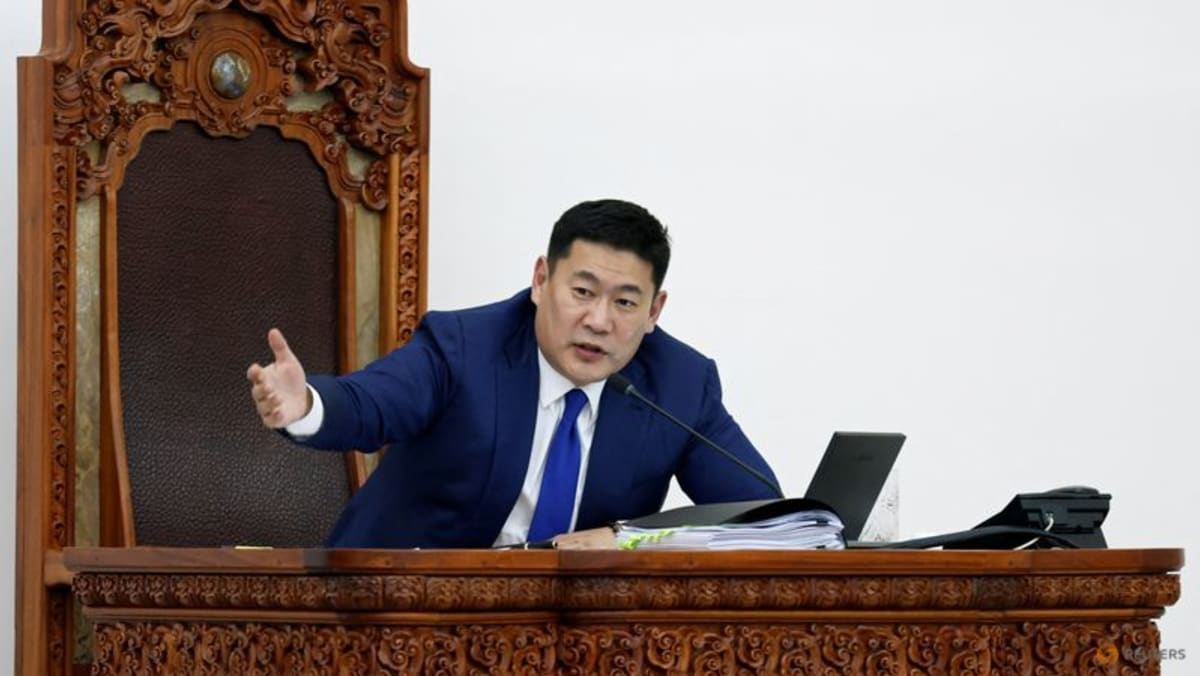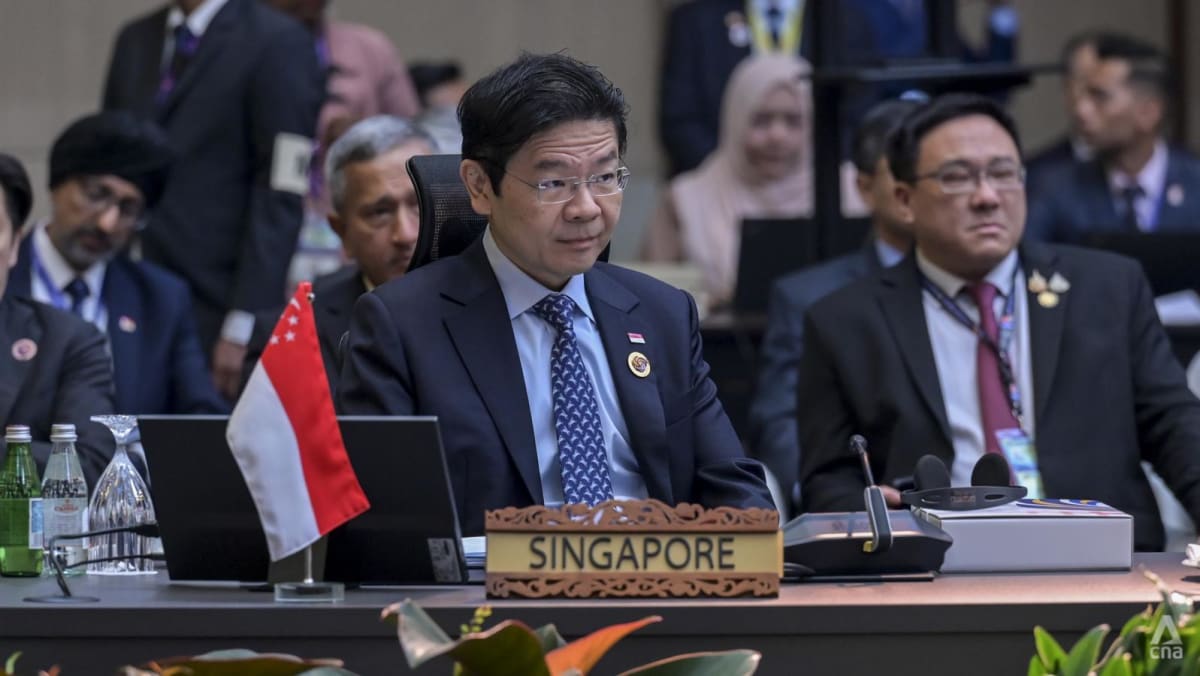SINGAPORE: ASEAN’s traditional non-interference doctrine has posed an acute challenge for the regional body in responding to the 2021 coup in Myanmar.
A Five-Point Consensus proposal has seen little progress, with a major obstacle that member states are prohibited from intervening in each other’s internal affairs under the Treaty of Amity and Cooperation in Southeast Asia, a foundational pillar of the Association of Southeast Asian Nations. This self-imposed reticence has led to accusations of ASEAN paralysis in the face of the ensuing civil war and series of humanitarian crises.
But ASEAN has also struggled to address organised crime in Myanmar, which has proliferated with the breakdown of state authority and carries serious cross-border ramifications.
Myanmar has become especially fertile ground for a multibillion-dollar scam and human trafficking industry, with detrimental knock-on effects for the regional economy. Online job opportunities first lure individuals with the promise of work, then force these victims into centres where they must seek to defraud others online under the threat of torture.
The United Nations Office on Drugs and Crime has called Southeast Asia “ground zero for the global scamming industry”, with centres found in Laos, Cambodia and Vietnam. But these centres are most prevalent in Myanmar, operating with impunity in territories contested by militias and warlords, outside the control of the junta or any formal state authority.
NON-INTERFERENCE IN THE FACE OF CROSS-BORDER CRIME
Malaysia, as the current chair of ASEAN, has proposed a more assertive, problem-solving posture on Myanmar. This includes engaging with the National Unity Government set up in opposition to military rule as well as the junta.
This is challenging for ASEAN’s non-interference but is also necessary to combat the scam challenge.
Across East and Southeast Asia, the UN estimates that countries collectively suffered estimated loss of US$37 billion in 2023 from the scam cartels. The problem is spreading to tourism after a Chinese actor was kidnapped in Thailand and smuggled to Myanmar, resulting in a vast drop in daily Chinese visitor numbers.
ASEAN’s responses have included both bilateral efforts and regional initiatives: Indonesia, the Philippines and Thailand have mounted some rescue operations for trafficked nationals. A plan of action was also beefed up by the ASEAN Ministerial Meeting on Transnational Crime (AMMTC) and the ASEAN Senior Officials Meeting on Transnational Crime (SOMTC).
But the next challenge is transforming these initiatives into a more sustained, coordinated regional strategy that addresses the scale and evolving nature of the threat.
The cross-border nature of these scams demands a coordinated response. ASEAN’s existing enforcement tools, while evolving, remain ill-equipped to respond swiftly to the complexities of transnational cybercrime.
ASEAN’s principle of non-interference stands at the core of these inadequacies as it takes away incentives for transparency, legal cooperation and the development of frameworks to facilitate joint investigation and prosecution.
During the 2025 Langkawi Foreign Ministers’ retreat under Malaysia’s chairmanship, ASEAN members pledged enhanced cooperation on transnational crimes and online scams, even backing new working groups tackling these pressing problems. ASEAN still lacks the authority to act within Myanmar, but these initiatives signal an interesting move towards rights-based governance.
 Malaysia's Prime Minister Anwar Ibrahim waits for delegates to arrive for the second ASEAN-Gulf Cooperation Council (GCC) Summit after the 46th Association of Southeast Asian Nations (ASEAN) Summit in Kuala Lumpur Tuesday, May 27, 2025. (Mohd Rasfan/Pool Photo via AP)
Malaysia's Prime Minister Anwar Ibrahim waits for delegates to arrive for the second ASEAN-Gulf Cooperation Council (GCC) Summit after the 46th Association of Southeast Asian Nations (ASEAN) Summit in Kuala Lumpur Tuesday, May 27, 2025. (Mohd Rasfan/Pool Photo via AP)
COOPERATION NOT AS INTERFERENCE, BUT AS SOLIDARITY
To make the work of the AMMTC and the SOMTC more effective in Myanmar, Malaysia can lead a pragmatic shift during its time as chair.
First, it could advocate for broader ASEAN accession to the Budapest Convention on Cybercrime, which would significantly enhance regional and global enforcement capacity. The Budapest Convention is the most comprehensive and only legally binding instrument dealing with cybercrime and mutual assistance on evidence sharing between law enforcement agencies. Among ASEAN members, only the Philippines has ratified it.
Next comes the United Nations Convention against Cybercrime, due to be ratified at the end of 2025. There are significant differences between the two treaties such as expedited cooperation in emergency situations and better disclosure on digital evidence.
Having ASEAN members become parties to both conventions would allow law enforcement agencies to conduct more expedient human trafficking rescue operations from scam centres. It would also allow for better cooperation with authorities in non-ASEAN countries where the scam victims reside.
A further step would be updating ASEAN’s 2004 Mutual Legal Assistance Treaty. This instrument offers a foundation for cross-border cooperation, but it has not yet been formally updated to include cybercrime or digital evidence. Revision of the treaty could complement existing frameworks and improve legal interoperability in cybercrime enforcement.
Malaysia should also propose expanding the mandate of the ASEAN Intergovernmental Commission on Human Rights to include monitoring of scam-related abuses. A regional rapporteur on trafficking or a task force focused on cyber-exploitation could help focus on human security.
Malaysia must frame humanitarian and security cooperation not as interference but as solidarity. This rhetorical shift is key to winning consensus among cautious ASEAN members to tackle the scam scourge as well as the current humanitarian crises in Myanmar.
Liu Weiyi is a MSc student in International Relations and Asha Hemrajani is Senior Fellow at the Centre of Excellence in National Security, at the S Rajaratnam School of International Studies (RSIS). This commentary first appeared on the Lowy Institute's blog, Interpreter




